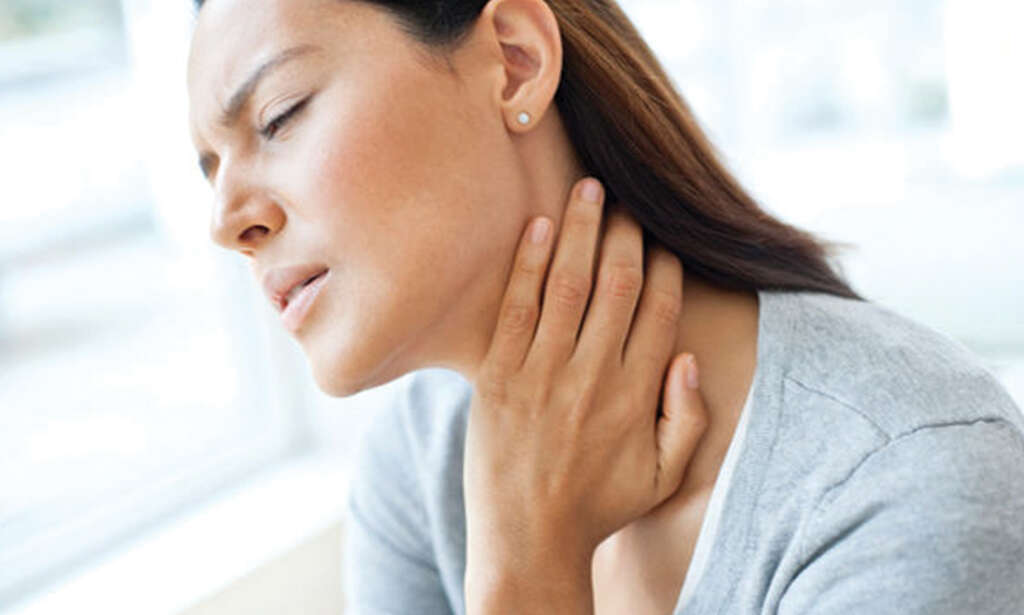

Peppermint, eucalyptus, and fenugreek tea

The following are some natural methods that may help reduce the severity of Pneumonia:ġ. In addition, some home remedies may help individuals manage health problems and enhance recovery. Drinking plenty of fluids and staying hydrated.Home Remedies for Symptoms of Pneumoniaĭepending on the origin of pneumonia, a doctor will prescribe medication to treat the infection, but throughout the recovery process, they will also specify: In countless ways, coping with mucus composition will ease you to manage your pneumonia overall. One of the most significant factors to contemplate when attending to pneumonia at home is breaking down mucus. While home remedy will NOT provide a winning overnight cure for pneumonia, there are loads of ways to ease the discomfort and possibly expedite the recovery process. Nonetheless, if a person has more acute symptoms, such as difficulty in breathing, it is imperative to seek medical attention. The Centers for Disease Control and Prevention (CDC) says that most people will endure moderate symptoms and should stay at home until they feel healthier. The individual may necessitate spending time in the hospital using a respirator to assist them in breathing. If a person develops severe chest discomfort or inconvenient breathing, a doctor will interpret it as pneumonia. The prime symptoms of COVID-19 include a persistent dry cough and a fever. Individuals with weak immune systems are vulnerable and less capable of fighting against germs. Variation of organisms, including bacterial strain, viruses and fungi, can cause pneumonia. The air sacs might swell with fluid intake or pus purulent substance, causing cough with phlegm or pus, fever, chills, and difficulty breathing. If you're unsure if you or your child has been given the vaccine, check with your GP.Pneumonia is an infection that congests the air sacs in either of both lungs. The pneumococcal vaccine is usually given as part of the routine NHS child vaccination schedule. children and adults with certain long-term health conditions, such as a serious heart or kidney conditionįind out more about who should have the pneumococcal vaccine.The pneumococcal vaccine protects against Streptococcus pneumoniae, which is the most common cause of bacterial pneumonia. not sharing cups or kitchen utensils with others.coughing and sneezing into a tissue, then throwing it away immediately and washing your hands.washing your hands regularly and thoroughly, particularly after touching your nose and mouth, and before handling food.You can help prevent the spread of a pneumonia by taking some simple hygiene precautions. touching an object and transferring germs on to it – someone else can touch this object and then touch their own mouth or nose.coughs and sneezes – these launch tiny droplets of fluid containing germs into the air, which someone else can breathe in.People often have small amounts of germs in their nose and throat that can be passed on through: The germs that can cause pneumonia are usually breathed in. It's usually caused by an infection, most commonly bacteria and viruses, which are both contagious. Pneumonia is swelling (inflammation) of the tissue in one or both lungs.


 0 kommentar(er)
0 kommentar(er)
